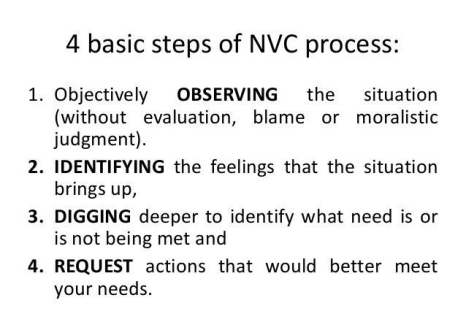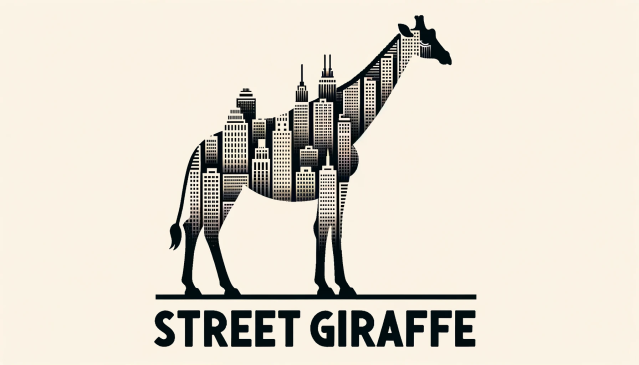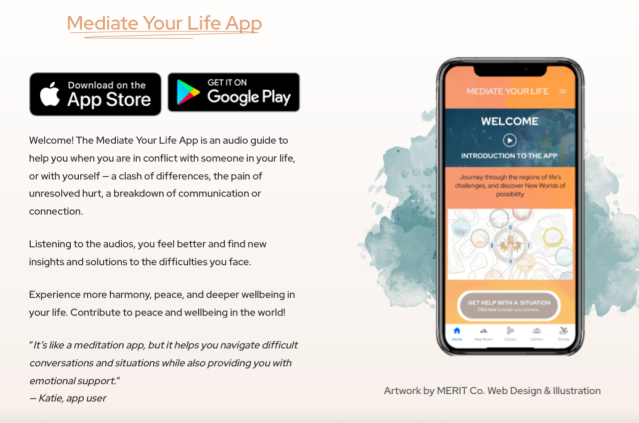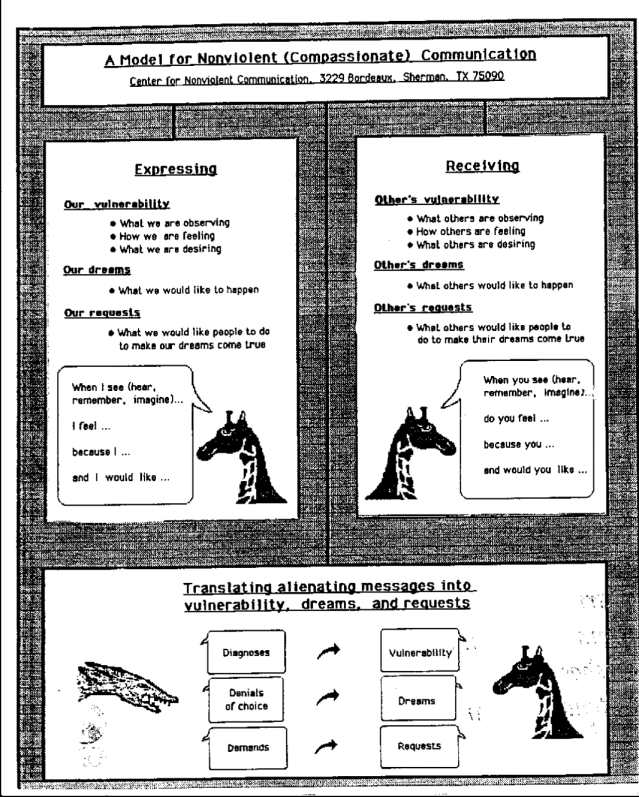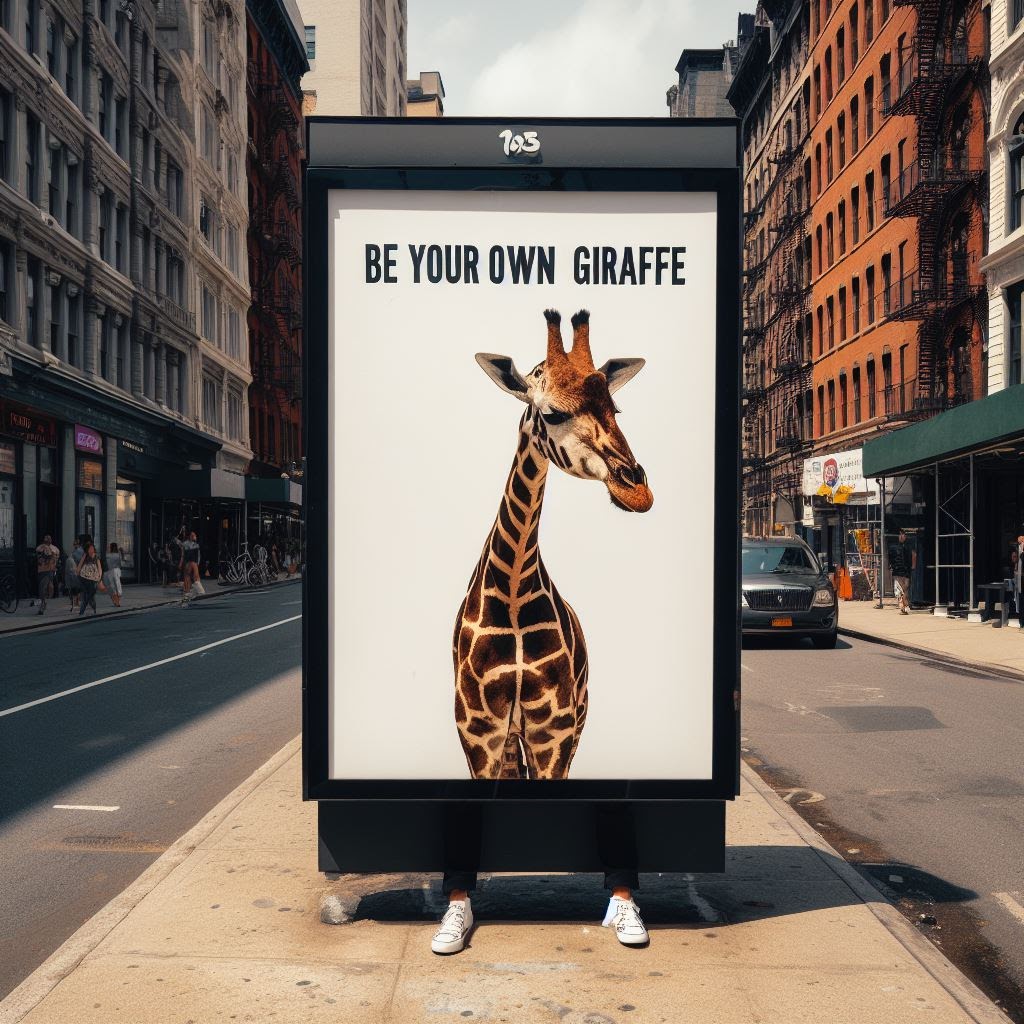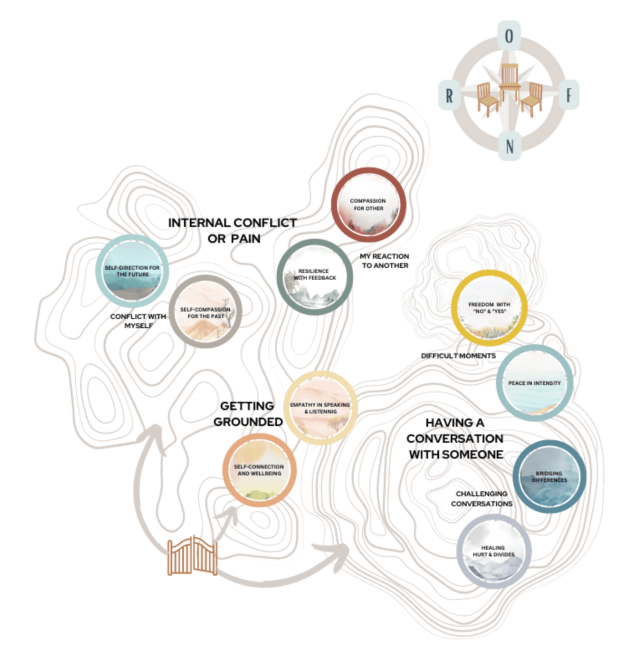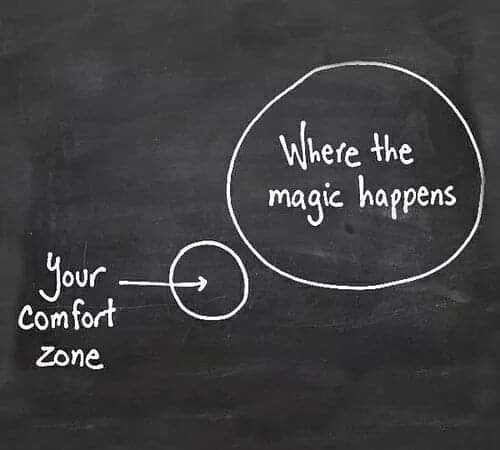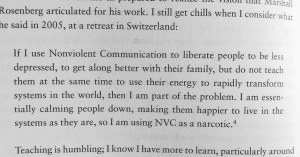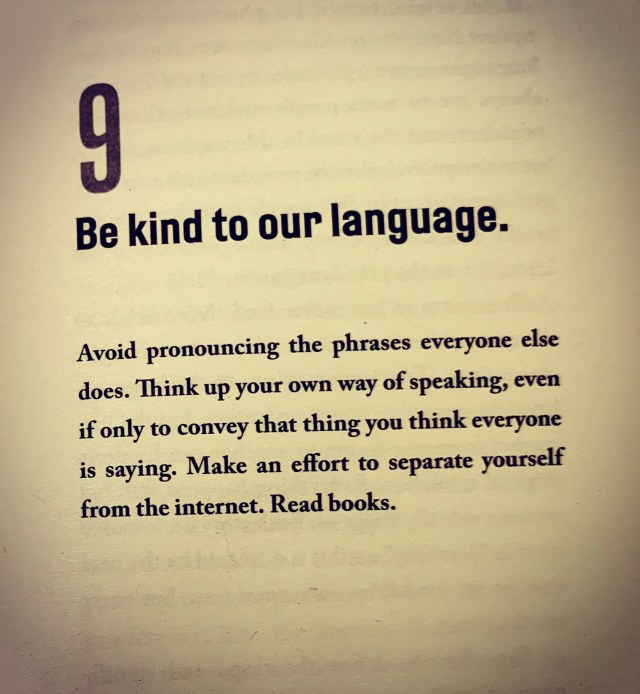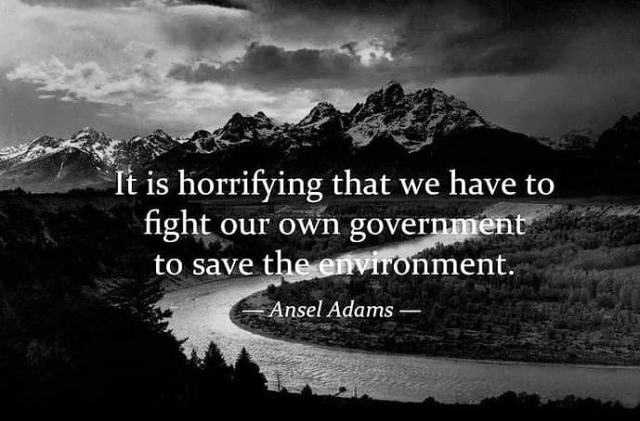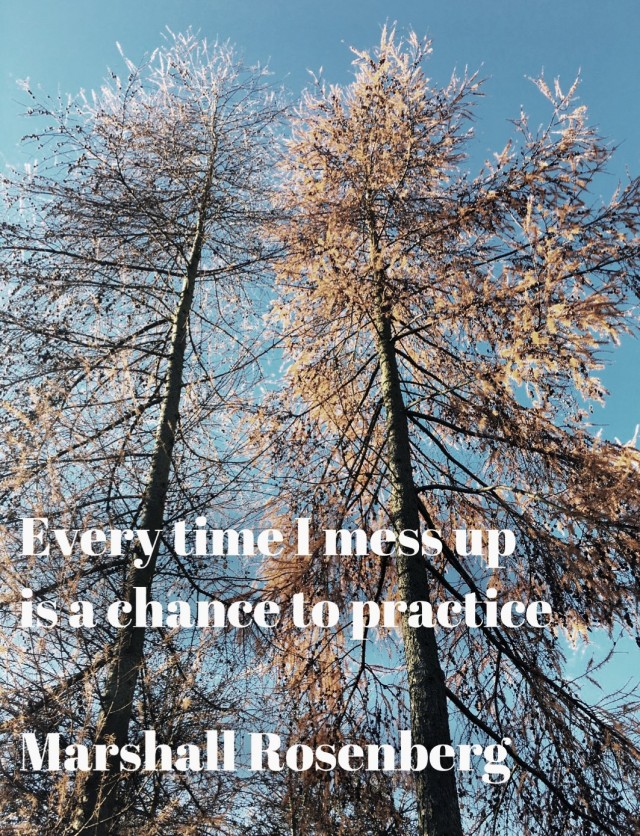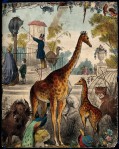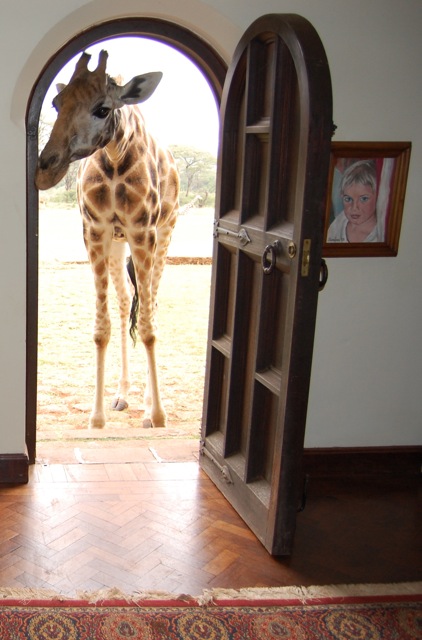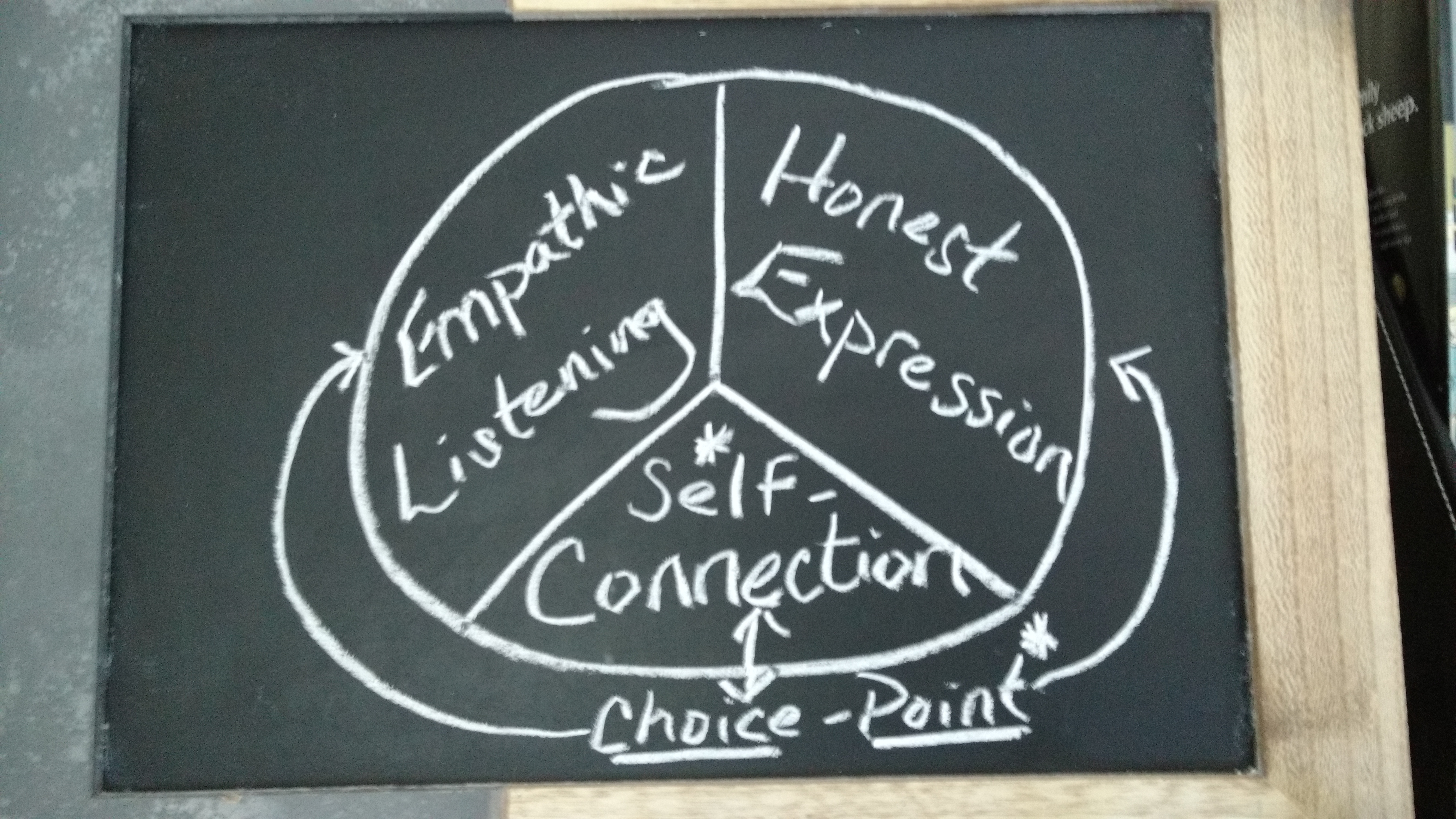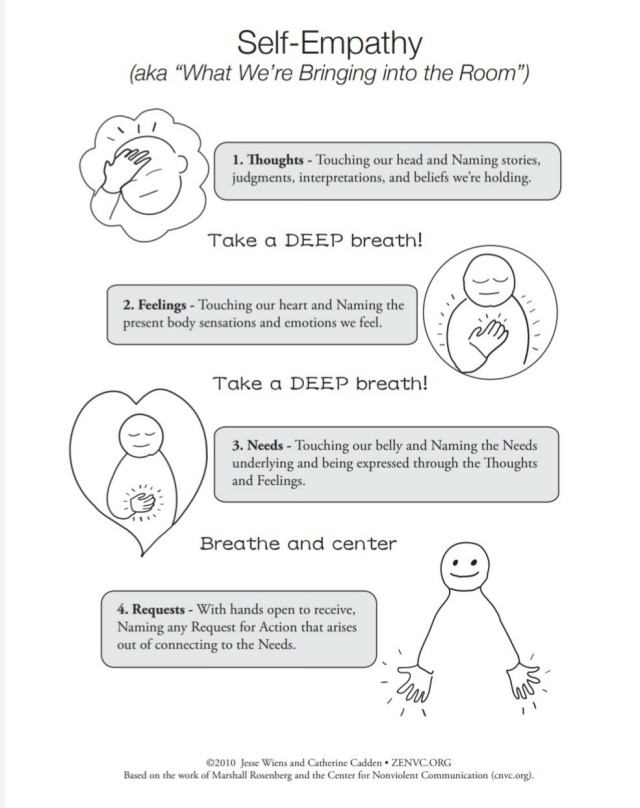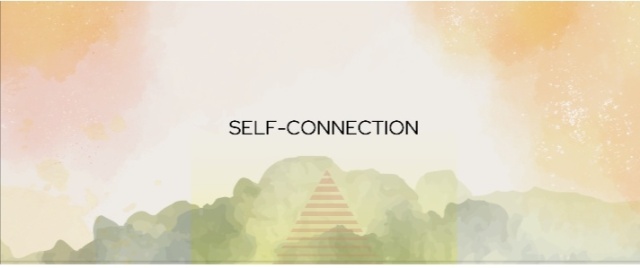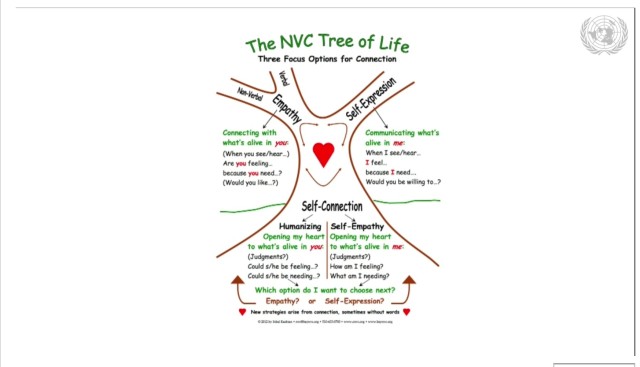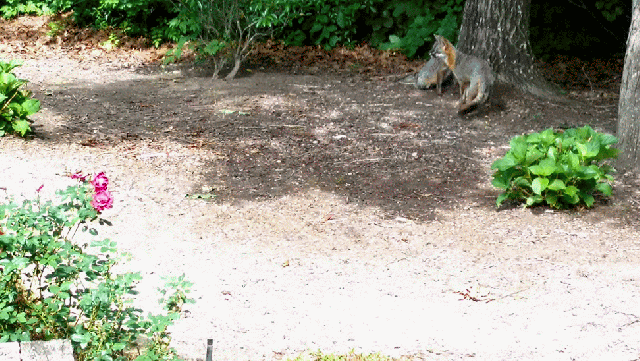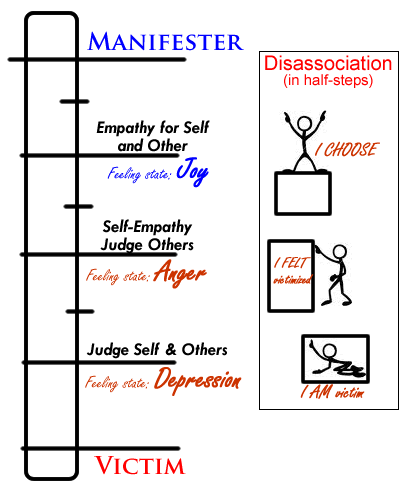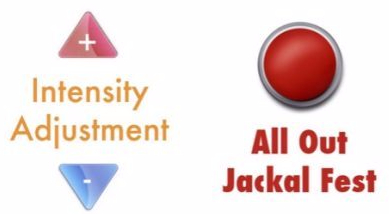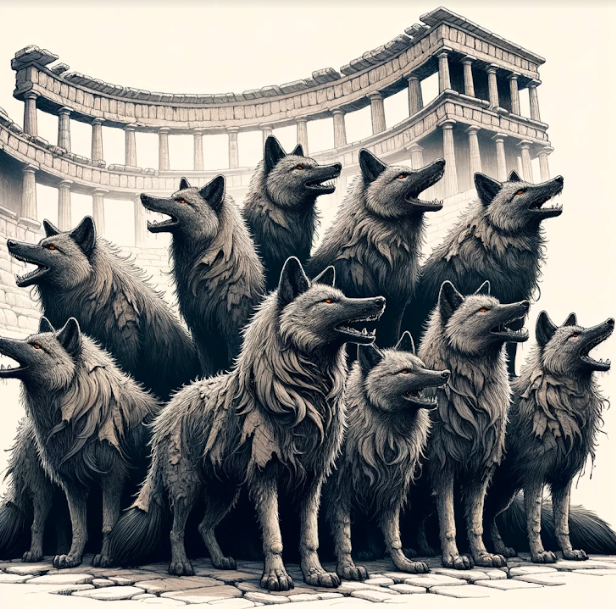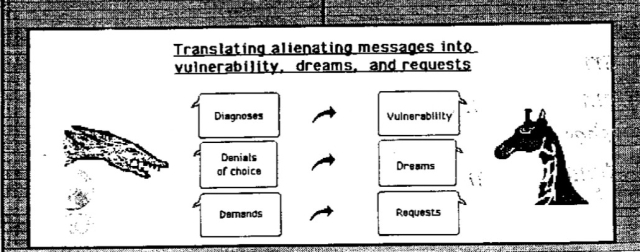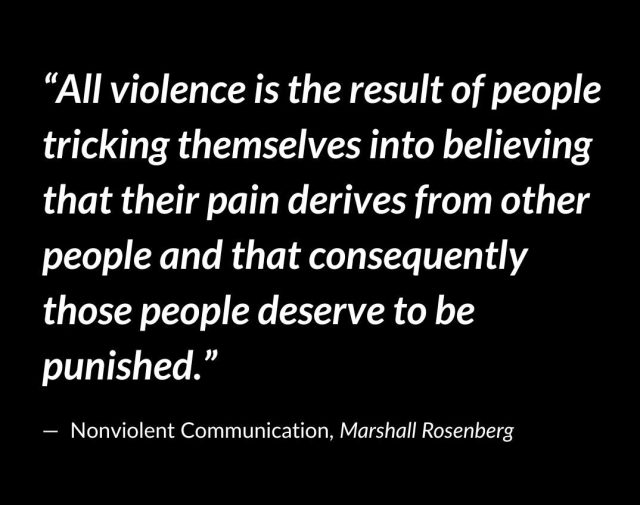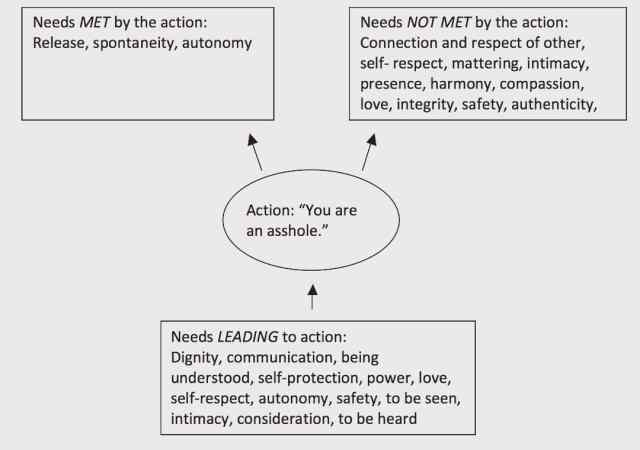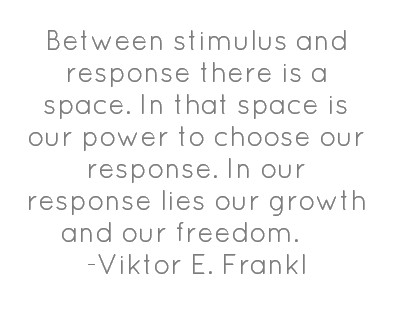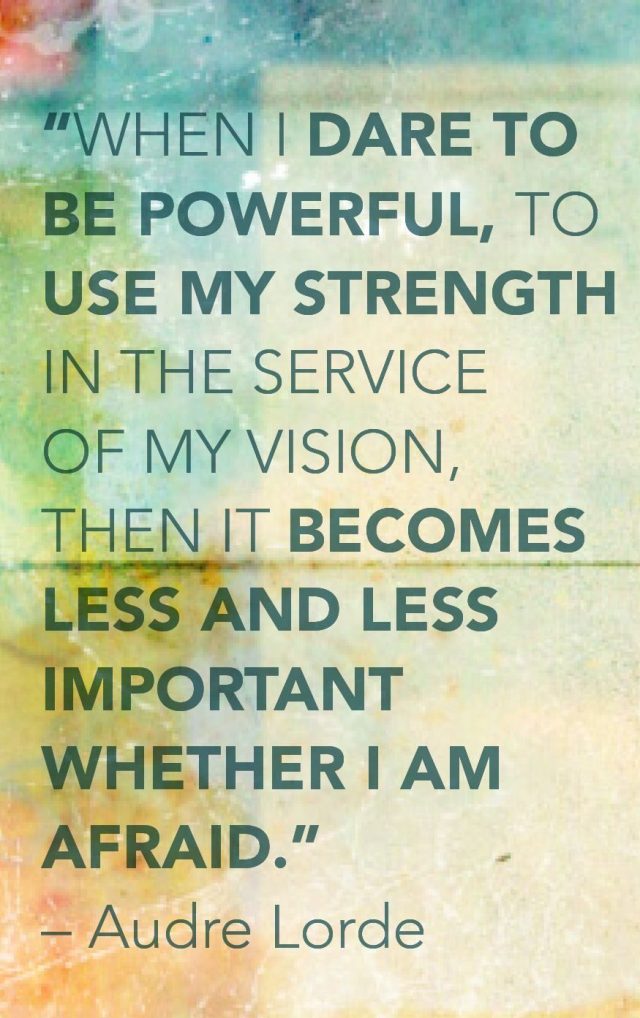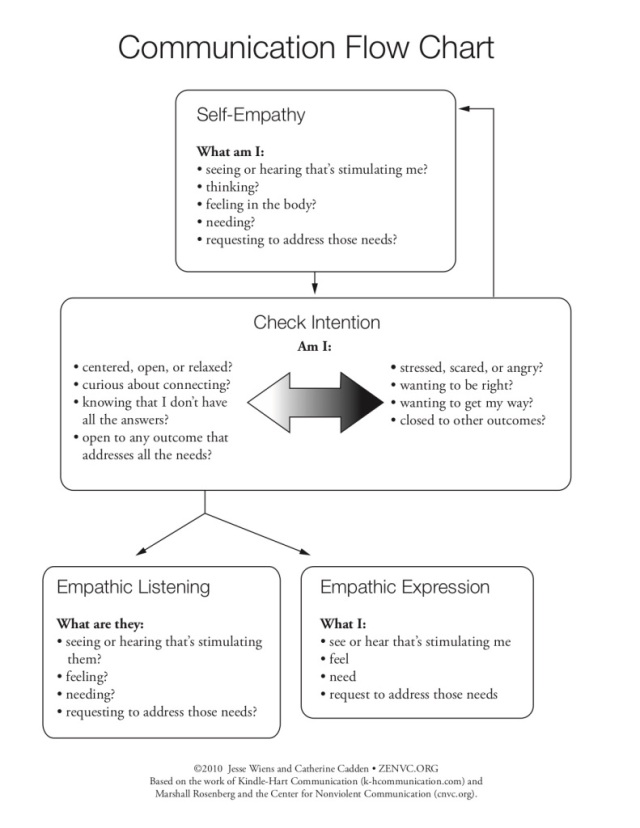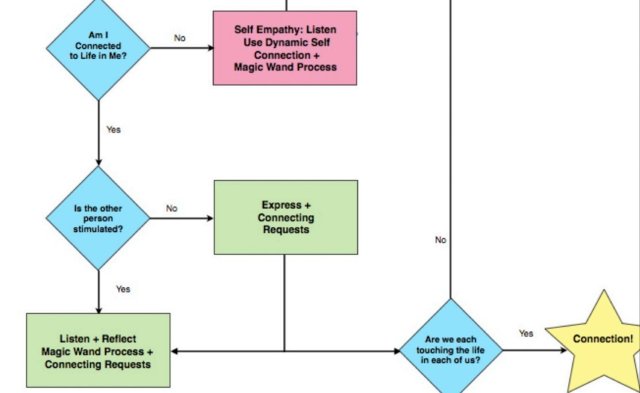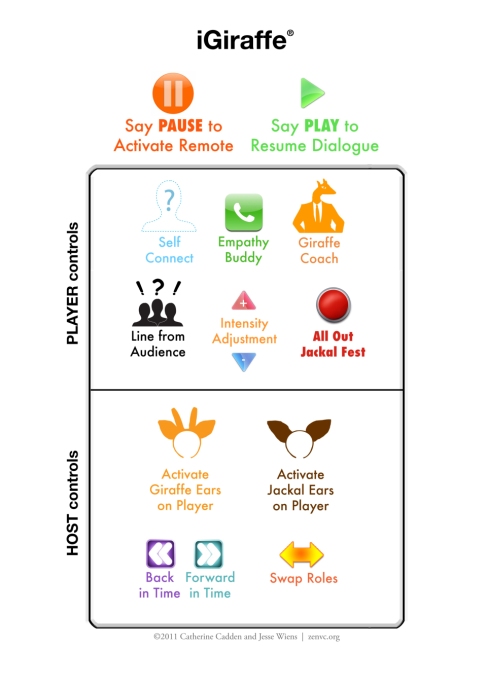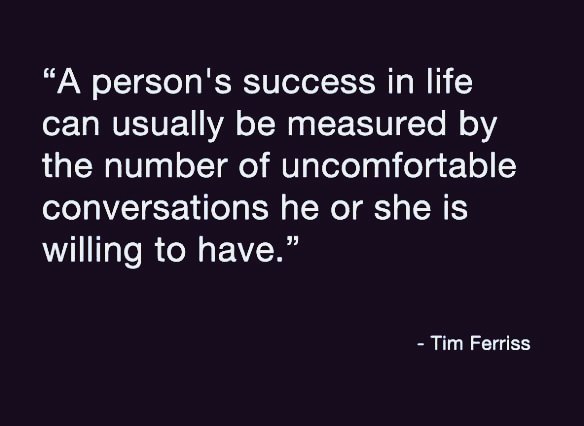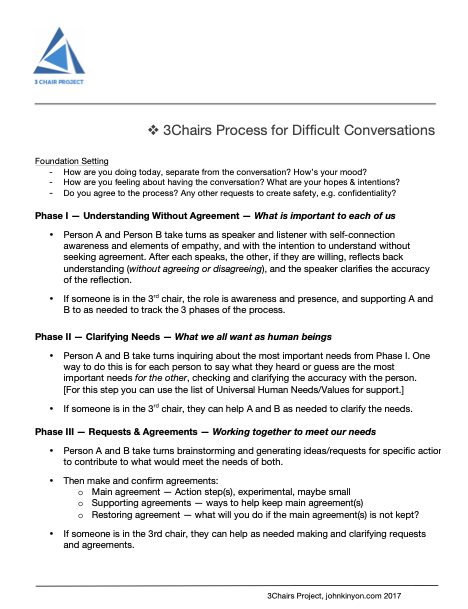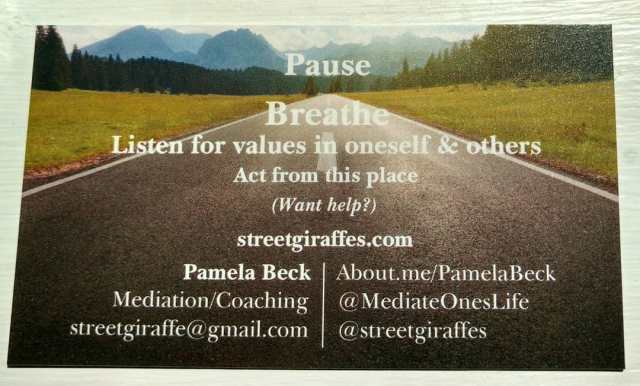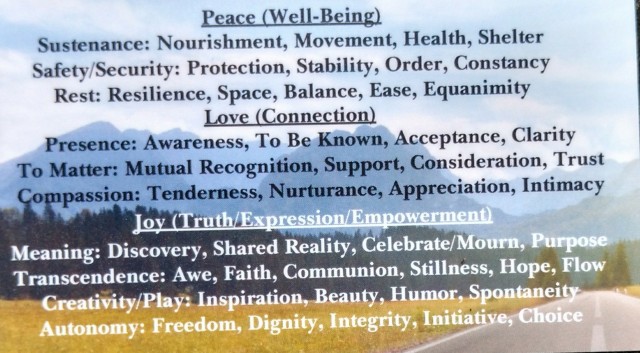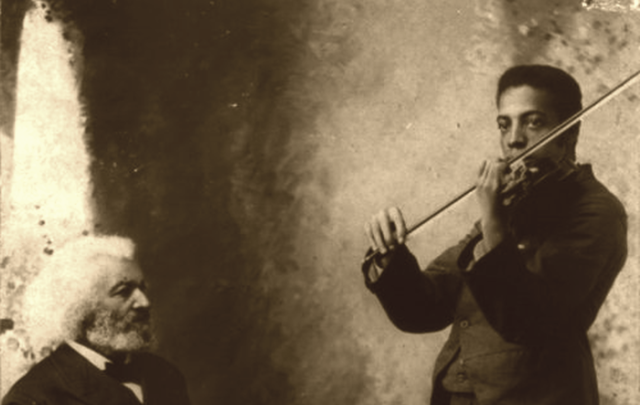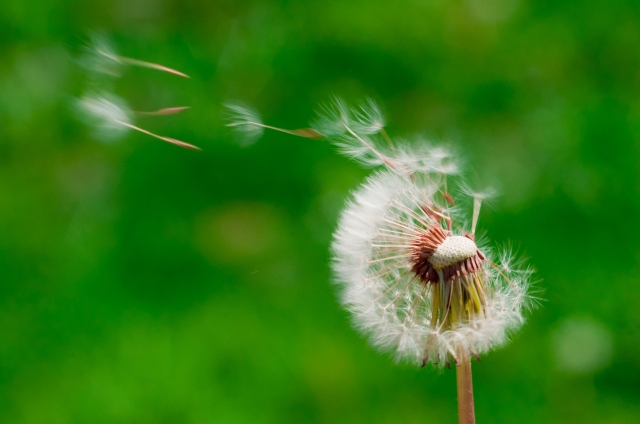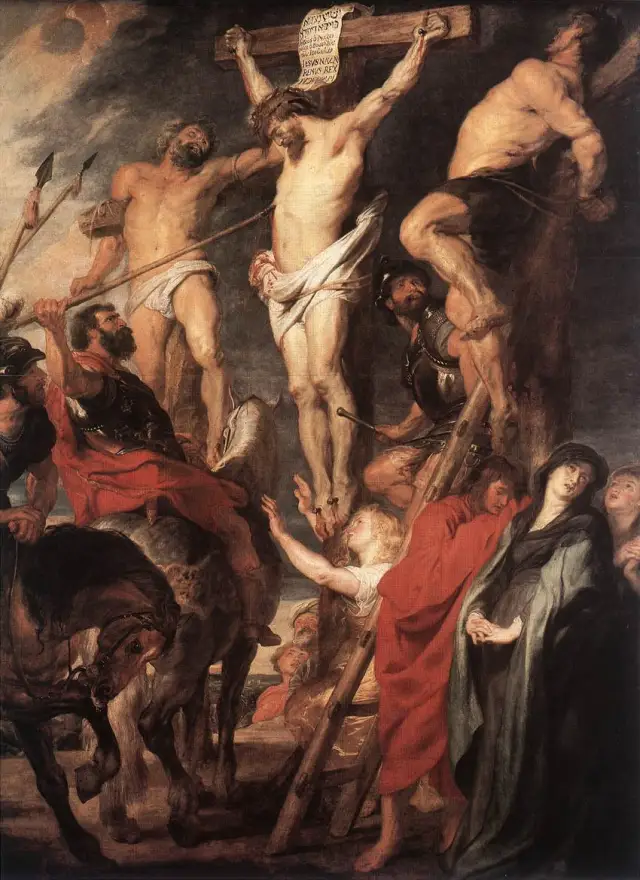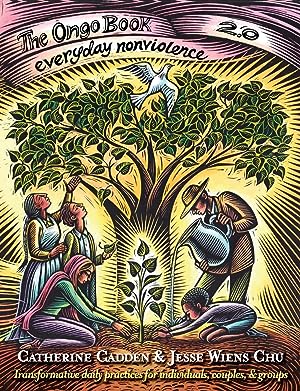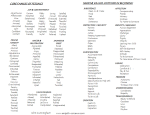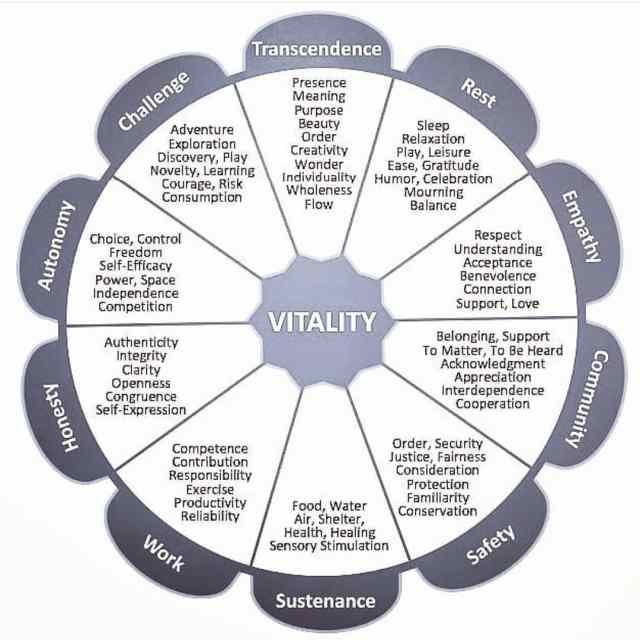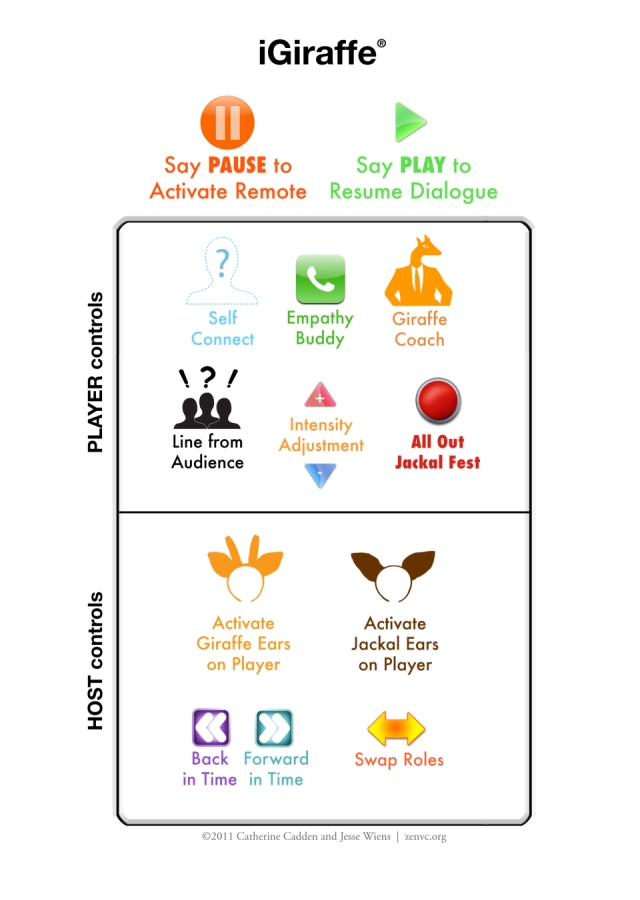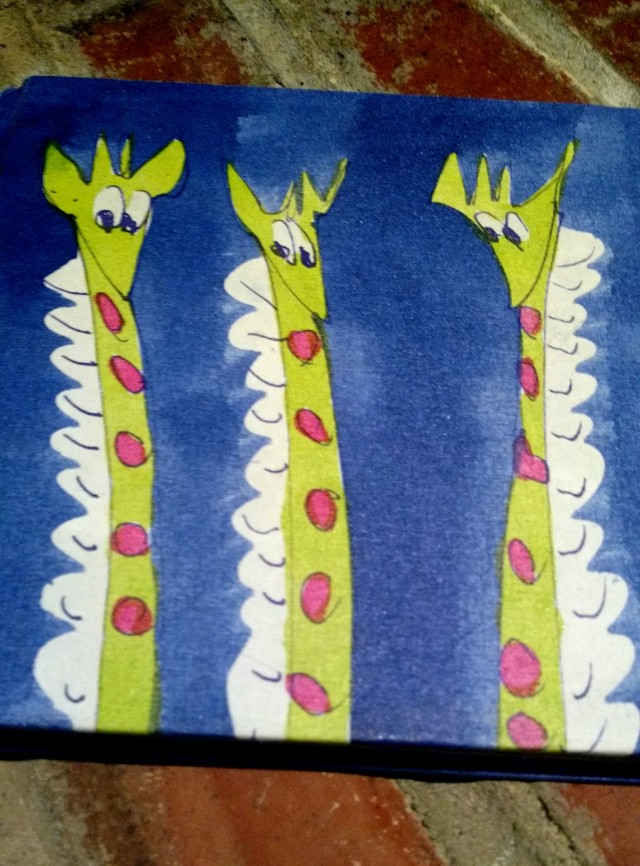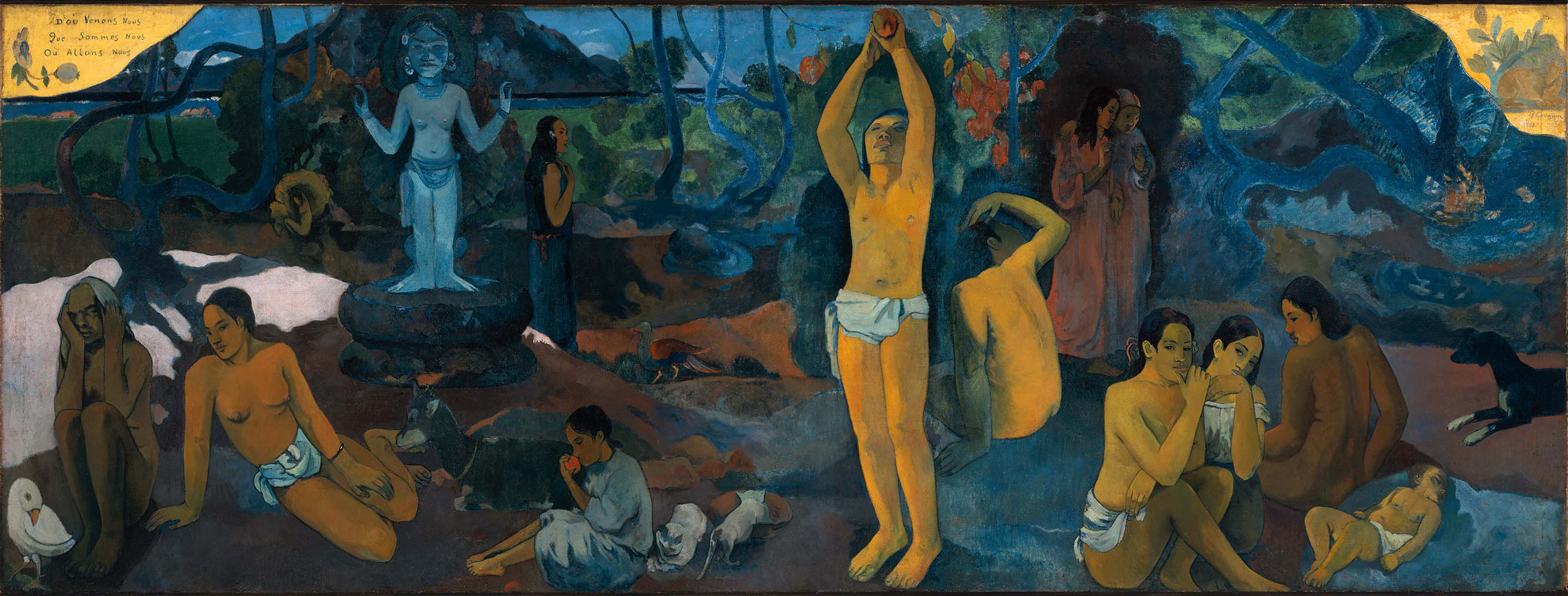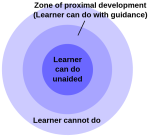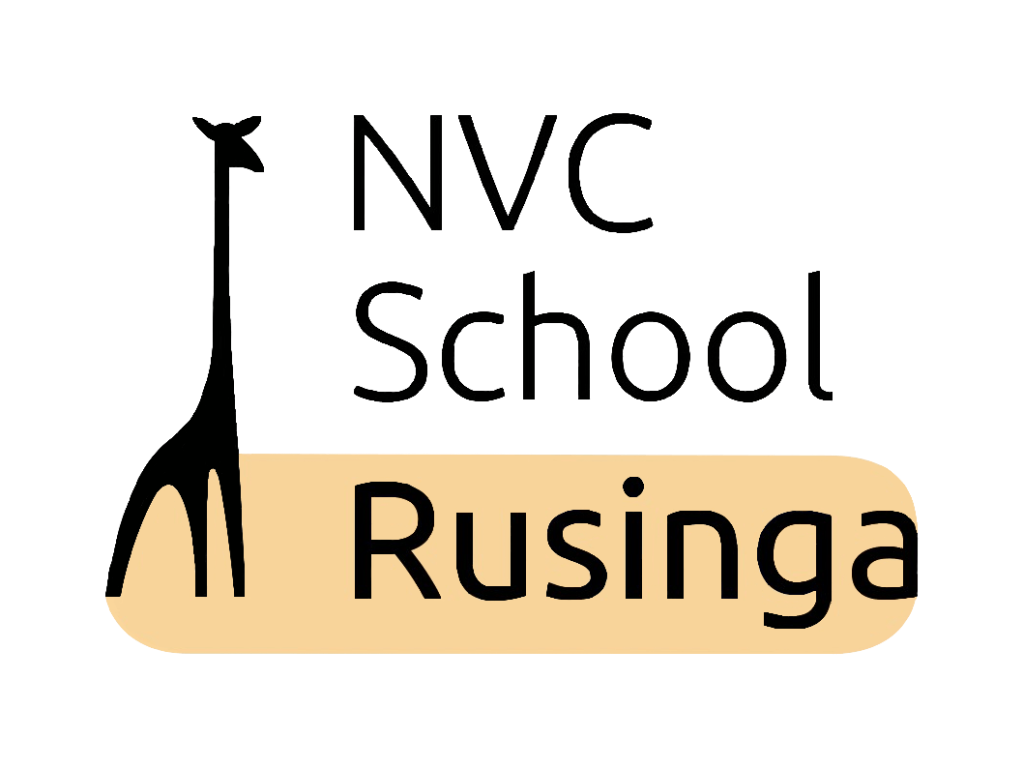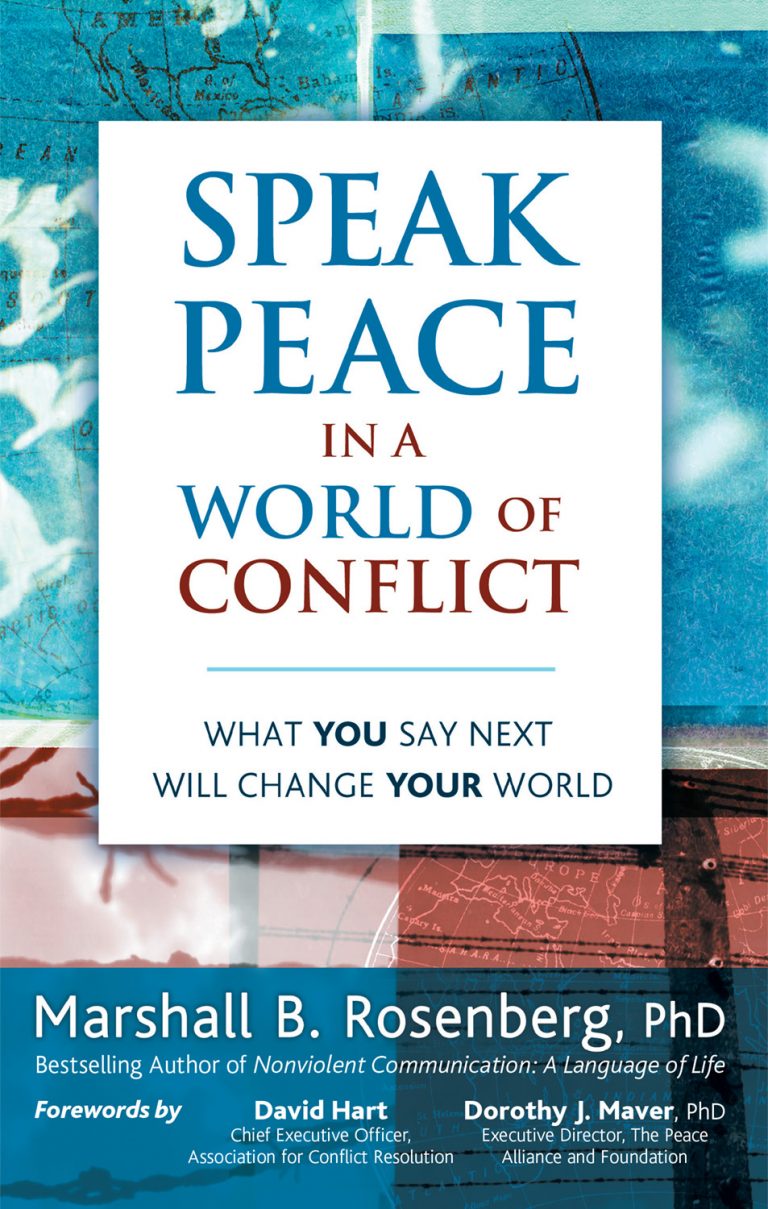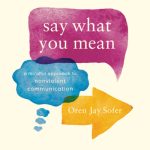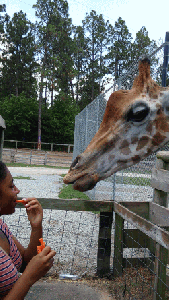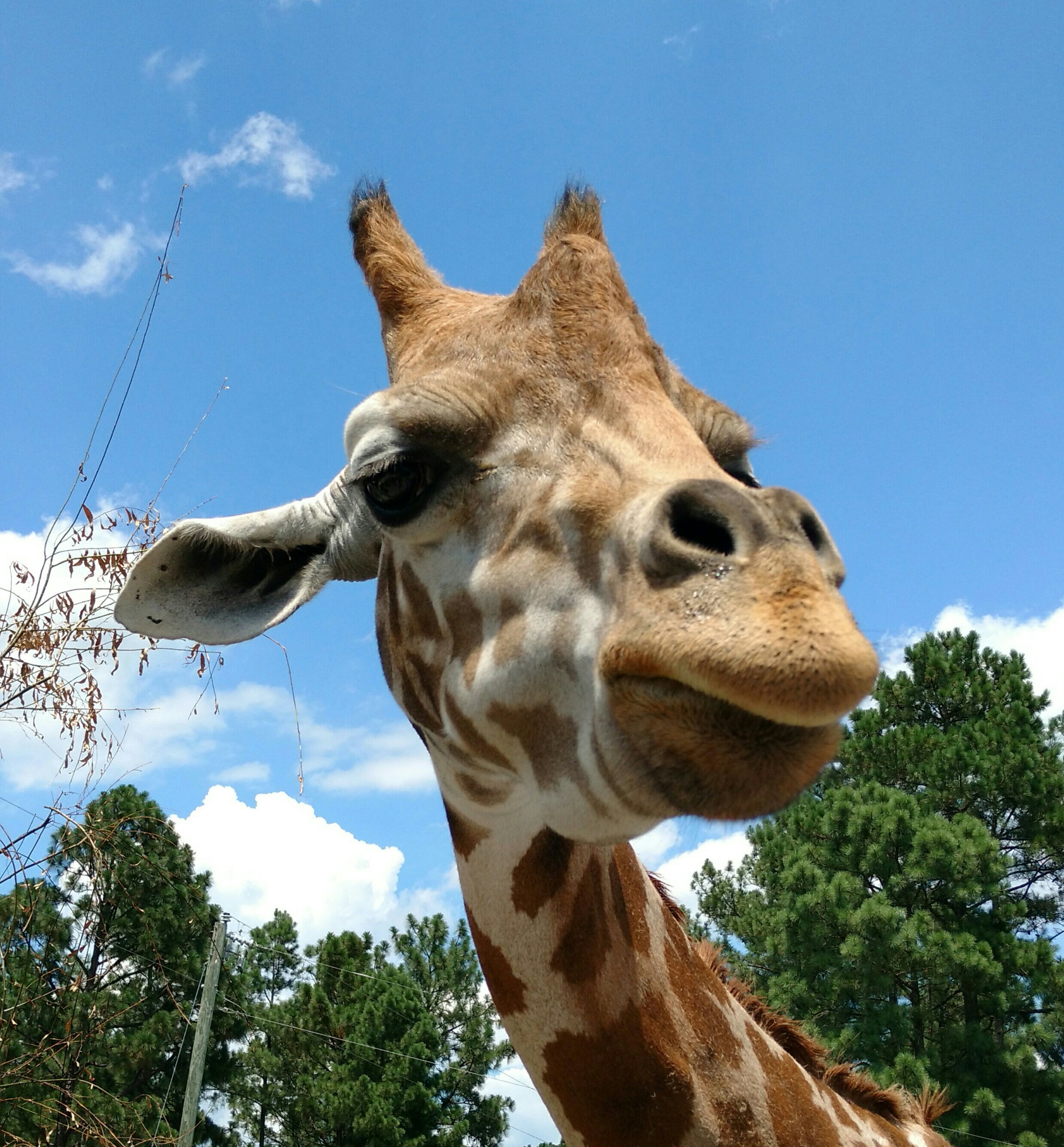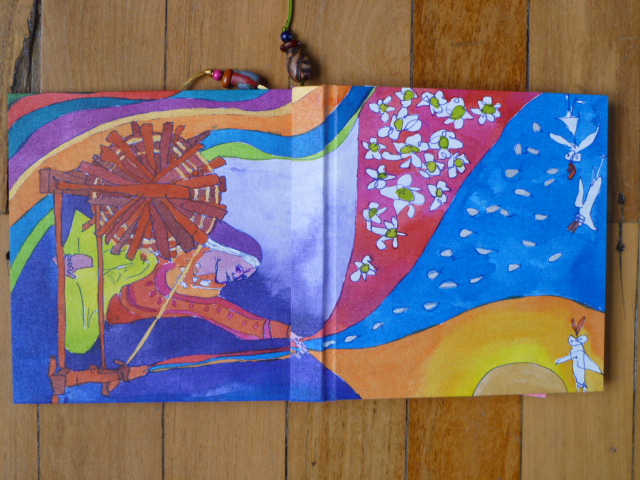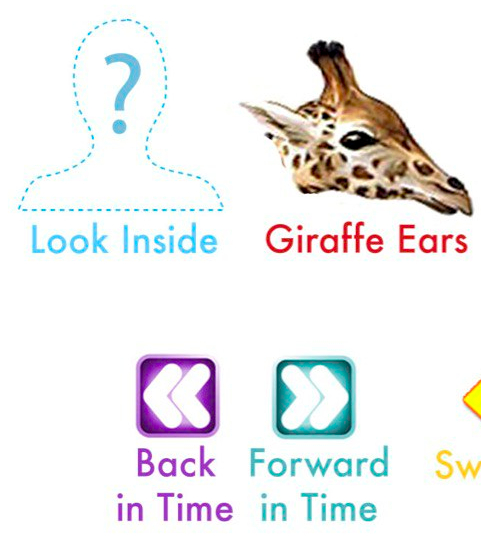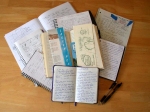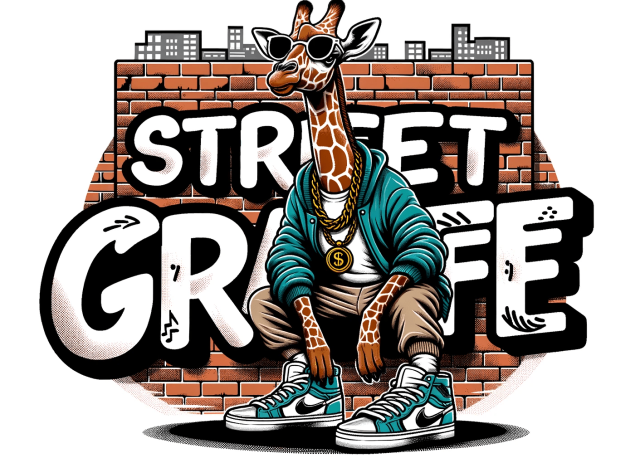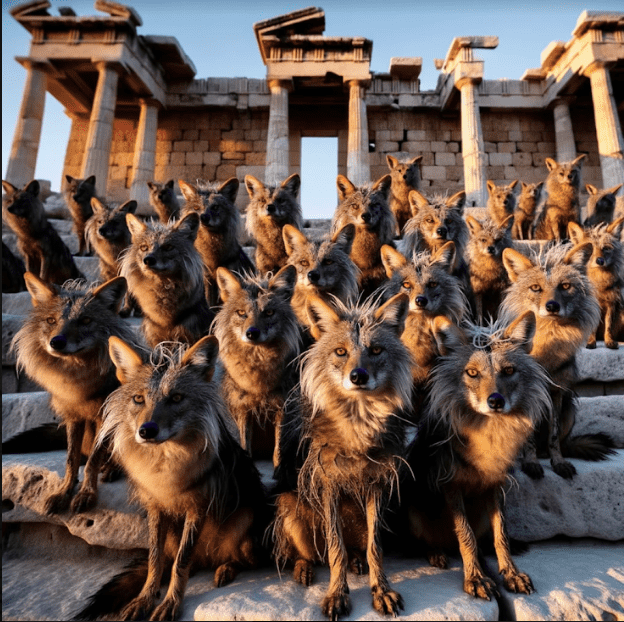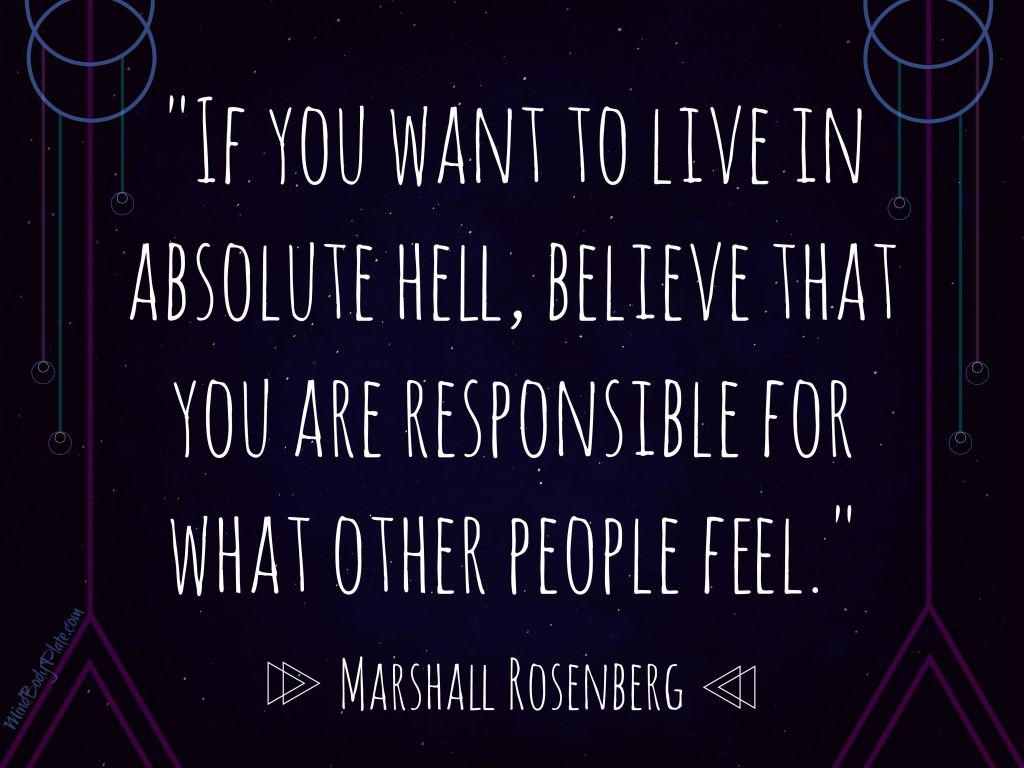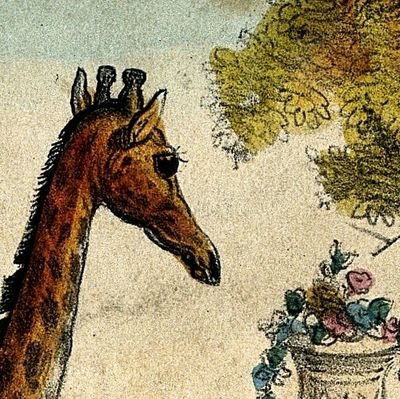Pathways to Liberation: Matrix
Pathways to Liberation — Self-Assessment Matrix –
Pathways to Liberation: Quick Matrix
(courtesy of the work of Jacob Gotwals, Jack Lehman, Jim Manske and Jori Manske)

Pathways to Liberation – The Matrix
Online Matrix Self-Assessment
Four Competencies of NVC (Consciousness) ~
Unskilled, Awakening, Capable & Integrated:
Self-Assessment Matrix – Book – Book Release Event
Strength/Edge Worksheet (additional resources)
Listen to a (free) recording of one way to use the Matrix here (w/ Jim & Jori Manske)

CNVC.org: This document comes in two sizes, they contain the same information.
The large version is on eight pages and the other version is on four pages.
Download:
Pathways to Liberation via Google Doc
Pathways-to-Liberation-Self-Assessment-Matrix-large [PDF]
Pathways to Liberation Self Assessment Matrix – Handouts (link)
Pathways to Liberation Self Assessment Matrix – Google Drive (large/PDF)
Matrix co-creators Jim & Jori Manske have suggested these five skills as “easy ways to integrate NVC, anywhere/everywhere”:
-
Presence
-
Observing
-
Feelings Awareness
-
Needs-Consciousness
-
Gratitude
More on Observations/Feelings/Needs:
OFNR
Matrix |
Skills |
These skills are the “Pathways to Liberation” we are writing about in our upcoming book. We have developed a chart- the “Matrix” – to support people in self-assessing their level of development in each skill – if you would like to receive it, please find more info here:
Self-Assessment Matrix
Pathways to Liberation: Quick Matrix
Abbreviated list of skills (please click on link above for full depiction):
| Presence | Being attentive to what is happening right now. Not lost in thinking, emotional reactions, etc. |
| Observing | Noticing (and possibly describing) our sensory and mental experiences, and distinguishing these experiences from the interpretations we ascribe to them. |
| Feelings awareness | Ability to identify and experience our physical sensations and emotions. |
| Self-acceptance | Accepting oneself with unconditional caring. |
| Taking ownership of one’sfeelings | Living from the knowledge that I alone cause my emotions – my emotions are not caused by others. |
| Needs consciousness | Awareness of (and the willingness to honor) needs, the essential universal elemental qualities of life (like sustenance, love and meaning). |
| Re-connecting to self & recovering from reactivity | Reactivity is internal resistance to what is. Recovery is letting go of that resistance. Re-connecting to self is being with one’s own experience with presence and compassion. |
| Request consciousness & making requests | Willingness to ask for what one wants, with openness to any response; not attached to any particular outcome. |
| Mourning | Transforming the suffering of loss; letting go of resistance to what is, and being willing to allow our experience to unfold. |
| Empathy | Being present with another’s experience, with unconditional acceptance of the person. |
| Dissolving enemy images | Transcending one’s perceptions that another deserves to be punished or harmed. |
| Discernment | Clarity, insight, and wisdom in making life-serving distinctions and choices; recognizing one has choice. |
| Living interdependently | Living from the knowledge that every individual is related to every other individual – every part of a system affects every other part. |
| Honest self-expression | Owning one’s experience and having the willingness to express authentically without blame or criticism. |
| Facilitating connection | Facilitating empathy and honesty in dialogue with an intent to create connection. |
| Patience | Remaining spaciously present when one feels stress. An ability to be with one’s own reactions, without acting out of them. |
| Responding to others’ reactivity | Responding rather than reacting to others who are caught up in intense separating emotions. |
| Openness to feedback | Receiving other’s perspective about our actions with equanimity and centeredness. |
| Beneficial regret | Acknowledging and learning from one’s missed opportunity to meet needs, without guilt, shame, or self-punishment. |
| Flexibility in relating | Openness and versatility in interacting with others. |
| Transforming conflict | Using conflict with others as a means to connect and create a mutual outcome. |
| Gratitude | Finding the value in, appreciating, and enjoying what is. |
| Openhearted flow of giving and receiving | Transforming scarcity thinking into thriving creatively; joyfully contributing and receiving. |
| Cultivating vitality | Tuning in to oneself to support balanced self-care; cultivating the energy to serve life. |
| Sharing power | Transforming domination; valuing everyone’s needs with mutuality and respect; transcending submission and rebellion. |
| Transcending roles | Aware that we are not the roles we play; having choice about what roles we adopt and how we respond to the roles others adopt. |
| Awareness of response-ability | Freely choosing one’s responses to what shows up in life, owning one’s part in what happens. Not owning others’ parts, and acknowledging that one’s actions do influence others. |
| Supporting holistic systems | Consciously participating in the creation and evolution of holistic systems that foster general well-being. |
Copyright © 2011 Jacob Gotwals, Jack Lehman, Jim Manske, and Jori Manske.
All rights reserved.
Jack, Jim, and Jori are Certified Trainers with:
www.cnvc.org – cnvc@cnvc.org
+1-505-244-4041
Visit us at www.pathwaystoliberation.com for the latest version of this matrix, information about the Pathways To Liberation books, and more.
Legal information: This work is licensed under the Creative Commons Attribution 3.0 Unported License, which allows you to share, copy, distribute, publicly perform, and adapt this work – under certain conditions. To view a copy of this license, visit www.creativecommons.org/licenses/by/3.0/ or send a letter to Creative Commons, 171 Second Street, Suite 300, San Francisco, California, 94105, USA. If you distribute or publicly perform this work (titled “Pathways to Liberation Self-Assessment Matrix, Version 1.2”) (or any adaptation of it, or collection including it), you must attribute this work to its original authors (Jacob Gotwals, Jack Lehman, Jim Manske, and Jori Manske), and include a link to URL
FYI:
